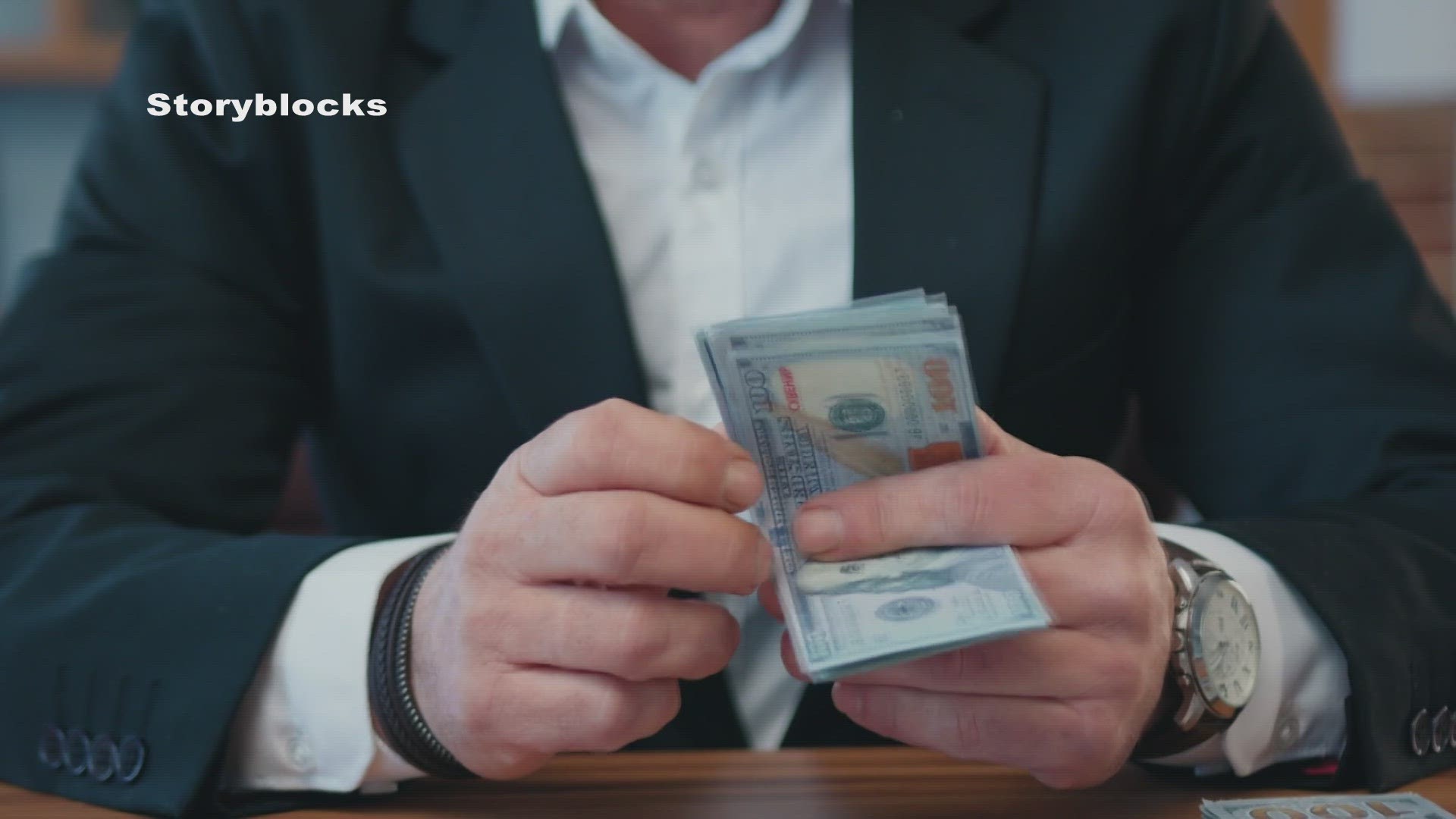TEMPLE, Texas — Americans are taking on more debt, the numbers show that. But are they saving more? Yes, slightly.
As of February 2024, one in three Americans had boosted their savings over the past year. But still, only 44% of U.S. adults could pay an emergency expense of $1,000 or more from their savings.
So, on this Money Talks, we ask, should you pay off debt first or boost your savings? That really is the age-old question, do you save money or toss everything that you can at your debt? Of course, it depends on your situation, but you have to get the debt at a spot where you can breathe.
"I'm always a huge fan of paying yourself first," said Financial Advisor Rolandus Johnson. "Now, according to your situation, that debt that you may have, I’ve seen sometimes where families get into a situation where debt is almost suffocating. It seems like there's a bill you just paid, a credit card bill, a medical bill or whatever it is and it seems like the next day, the next bill is coming out."
Johnson told 6 News if you get yourself a balance, things will get better.
"What I will say, this is a great time to review your budget, your current budget," Johnson said. "Hopefully you guys are out there budgeting, but make sure that you review it, and if you've got any extra money and the debt becomes a priority for you, maybe not take all of your extra money and put it towards debt, but take maybe 75 or 80% of it and put it towards debt."
If you're ok without an emergency fund, just know that life will throw emergencies at you, so you might as well prepare for it.
"Emergencies will happen, you don't know when they are going to happen and you can't plan for them, and so if you're rolling all of your money into debt and an emergency comes, what may happen is you may end up getting into more debt by taking out loans and different things like that to cover those emergencies," Johnson told 6 News.
The biggest message of all is if you make a change for the better, you don't want to repeat the past.
"I've seen where people will go and pay their debt off and then rack up debt the next month," said Johnson. "They just rack it right back up and so again, that comes with budgeting. Being disciplined towards that budget, because if the priority is paying off debt, if you pay it off, let's not run it right back up again. I've seen that quite often and then you are right back at square one."
Around 23% of Americans are debt-free, according to the most recent data available from the Federal Reserve. That figure factors in every type of debt, from credit card balances and student loans to mortgages, car loans and more.
More Money Talks from 6 News:

